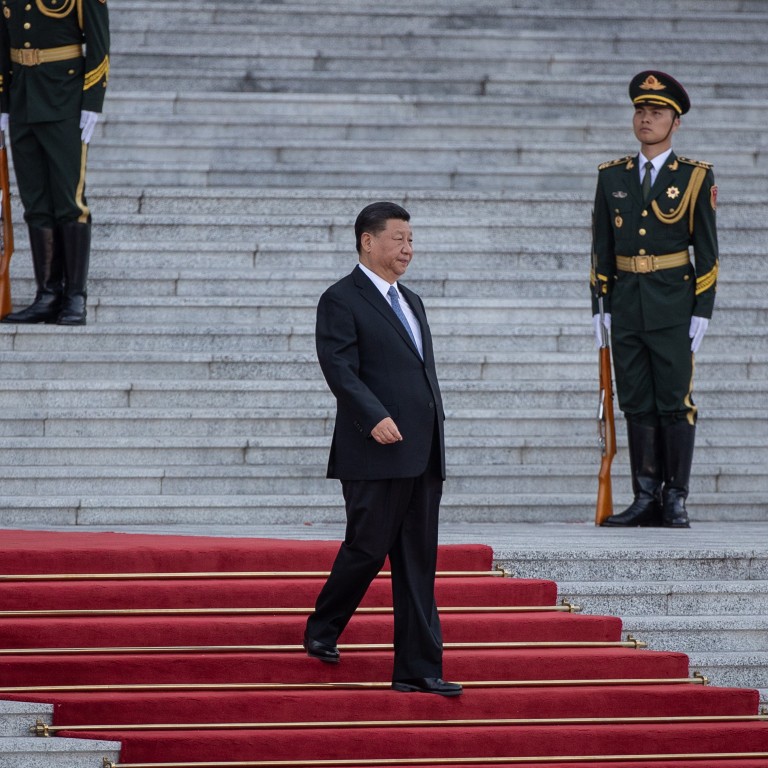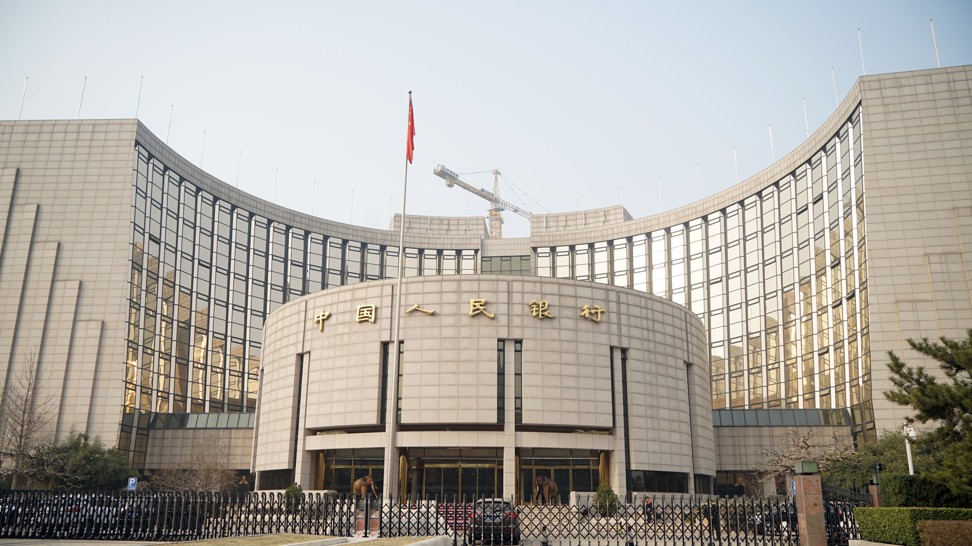
China’s consumers reluctant to spend income despite need to offset trade war impact, survey shows
- People’s Bank of China survey of 18,600 residents from 31 provinces shows income constraints and preference for saving money trump willingness to spend
- China has gradually shifted towards a consumption-driven growth model in recent years, but government needs to offer more incentives to overcome obstacles
China will need to come up with more incentives to convince consumers to spend to support economic growth, the results of a survey by the central bank released on Wednesday suggested.
Consumers surveyed by the People’s Bank of China (PBOC) reported that income constraints and a preference to save money amid economic uncertainties were limiting their spending.
Chinese consumers generally prefer not to spend their income immediately, with a large proportion of those surveyed responding that they instead save money for their children’s education and their own retirement, according to the PBOC’s survey of consumer’s financial knowledge and behaviour which is conducted every two years.
Some 79.03 per cent of respondents disagreed with the view that “we should spend all the money earned today” and instead wanted to save their income for the future. The result was slightly lower than the reading of 79.4 per cent to the same question in the 2017 survey.
A total of 44.23 per cent said they were now saving or had saved in the past for their children’s education, up nearly 3 percentage points from two years ago, while 32.85 per cent said they had plans to do so in the future.
When considering retirement, 56.96 per cent of respondents said they planned to live on their government pension alone, but many are also seeking to supplement retirement savings by increasing their own savings or through expected transfers from their children.
When asked if they would be able to afford an unexpected expenditure equivalent to three months’ salary next month, 24.83 per cent of respondents said that they could not or probably could not, compared to 26 per cent in the survey two years ago. Another 39.76 per cent felt uncertain of their ability to afford such an expense, slightly below the 40 per cent seen in the previous survey.
The survey was based on a sample of 18,600 residents from 31 provinces, and conducted mainly through face-to-face interviews.

The results, even though only reflecting consumer’s attitudes rather than their actual spending behaviour, are generally in line with long-standing market concerns over the obstacles that lie in the path of Beijing’s efforts to boost consumption to stabilise growth.
Weak income growth, an uncertain employment outlook as well as high and rising levels of existing debt are seen as some of the key obstacles holding back the middle-class from buying expensive items such as cars and home appliances.
Data from the Bank for International Settlements showed China’s household debt reached 52.6 per cent of its gross domestic product at the end of 2019, up from 39 per cent in 2015. The rapid increase, due in part to property purchases, is restricting further household spending and poses a financial risk in the future, analysts said.
The government has taken a series of steps to boost consumption, including cutting personal income taxes by a total of around 308 billion yuan (US$45 billion) last year and offering purchasing subsidies for energy-saving home appliances and new energy vehicles.
However, the Politburo statement on Tuesday ruled out a massive fiscal and monetary stimulus programme like that adopted after the global financial crisis in 2008-2009.
The PBOC’s index of consumer’s financial knowledge and behaviour edged up by 1.06 points to 64.77 per cent, a slight improvement from the previous survey.
Yin Youping, deputy director of the PBOC’s financial consumer protection bureau, said further education is important as financial products are becoming increasingly complicated in the digital era.
“Consumers still need to catch up in terms of handling unexpected expenditures. They also need to have more knowledge about borrowing, investment, and insurance as well as being able to identify illegal investment products,” he said.

